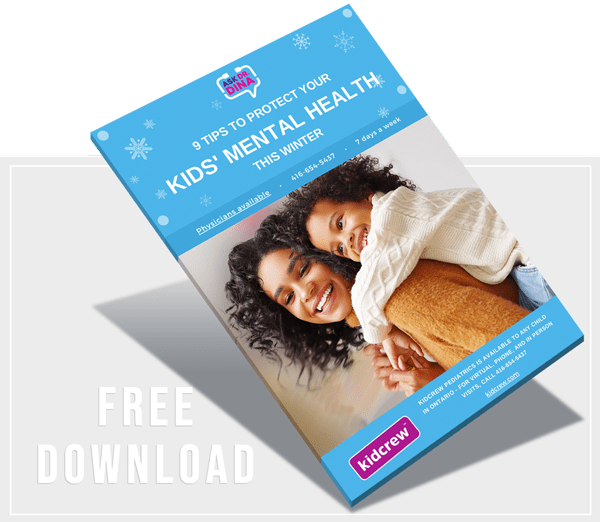Fasting can make a big difference in your health
The old saying that breakfast is the most important meal of the day is true but not necessarily in the sense of how most people interpret it. Breakfast is the meal where you break a fast. This meal could occur at any time of the day, not necessarily in the morning.
Those first foods that you put into your stomach after a fast has a significant impact on your gastrointestinal health and the healthy bacteria that populate your gut.
Fasting begins before breakfast
What happens before “breakfast” is just as important. There has been a lot of evidence in support of the concept of “time-restricted eating.”
When we restrict our window of eating to under 10 hours, there is evidence of far-reaching impacts on health, including Weight-loss, decreased blood pressure, increase glucose control, and modulation of the immune system.
Intermittent fasting is a version of time-restricted eating. The feeding period is commonly reduced to 6 to 8 hours.
By following a few simple rules about how and when to eat, you can achieve some incredible health benefits without strict dietary guidelines or popping hundreds of dollars worth of supplements.
Fasting requires a few simple rules
Try to eat all meals within a 6 to 8-hour time frame. If breakfast is at 6:00 am, then you should not eat past 2:00 pm. Alternatively, if your first meal is at 11:00 am, you should not eat past 7:00 pm.
In the first example, you end up skipping dinner, and in the second example, you end up skipping breakfast. You may be wondering what is allowed outside of the 8-hour window.
Virtually anything that does not contain even traces of sugar is allowed. Coffee, tea, and water are all allowed fast but must not have any milk, cream, or sugar. Any hints of sugar will effectively and physiologically end your fast.
Think of fasting as a tool
Fasting is a remarkable tool that has been used therapeutically and spiritually for centuries. We have only recently begun to understand how it works. After we eat, the blood sugar controlling hormone insulin rises. Insulin also tells the body to use sugar (carbohydrates) for energy and store any excess fat or liver.
After approximately 4-6 hours of fasting, all the sugar in the food you ate has been used, and now your body will use fat and any stored sugar for energy. Therefore, at this point, you start burning fat for energy.
It is prevalent for people to be eating three meals and several snacks throughout the day. Even if you’re choosing healthy foods, a non-athlete can’t burn fat with such frequent eating.
By eating within an 8-hour window, you can potentially be burning fat for 10 to 12 hours a day—the most significant obstacle for losing weight while intermittent fasting is portion size.
Eat out of hunger, not out of habit
Another important guideline is to eat only what you need, avoiding overeating. I once heard from a monk that we should only eat until our stomach is 3/4 full. You may find that you become more in tune with hunger and satiety once you start fasting regularly. It’s very liberating to eat out of hunger then out of habit. Real hunger sets our body up for optimal digestion and absorption of nutrients.
Most of us who are exploring intermittent fasting will only be eating two meals per day.
Therefore these meals must provide our body with a variety of healthy, nutritious food. We will want to focus on fresh, local, and organic foods. While there is no restriction on how much food you can eat in those 8 hours, you will gain the most by choosing quality over quantity.
Making healthy food choices is very important but can be difficult and even stressful at times. It’s imperative to never beat yourself up over making mistakes here and there. It is what you do most of the time that determines how much you will gain from your diet. No matter what you are eating at the moment, own it and love it!
Fasting has many benefits
Fasting is an ancient practice that has many beneficial effects on the body. I particularly like the concept of intermittent fasting because it’s simple to follow and doesn’t cost anything.
Research continues to study the healing benefits of different forms of fasting, and for the most part, it seems like our body evolved to benefit from fasting, at least occasionally.
I can proudly say that fasting has changed my life, and hopefully, by following these guidelines, you too can experience benefits in your physical, mental, and spiritual health.
Download this free resource – 9 Tips To Help Protect Your Kids’ Mental Health












